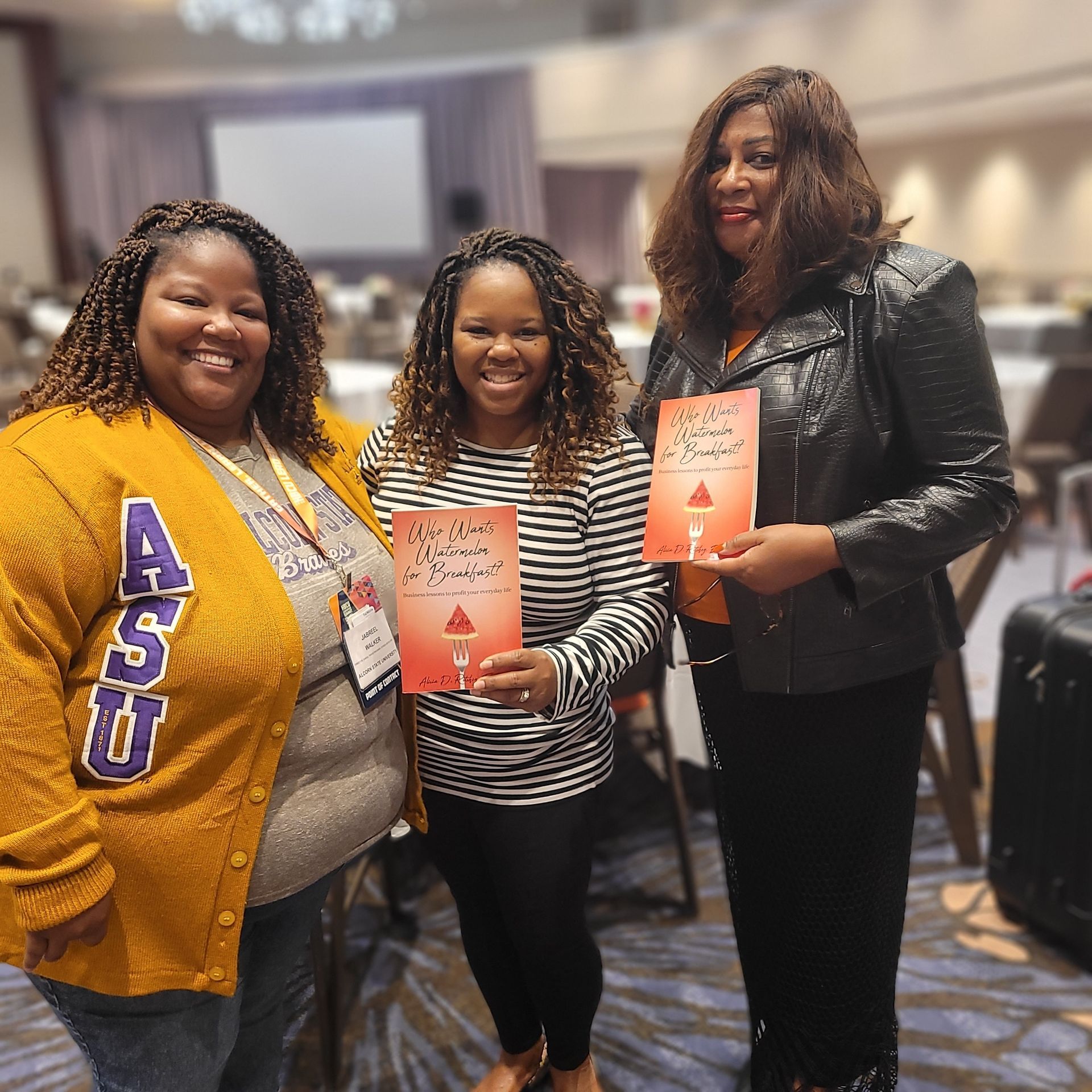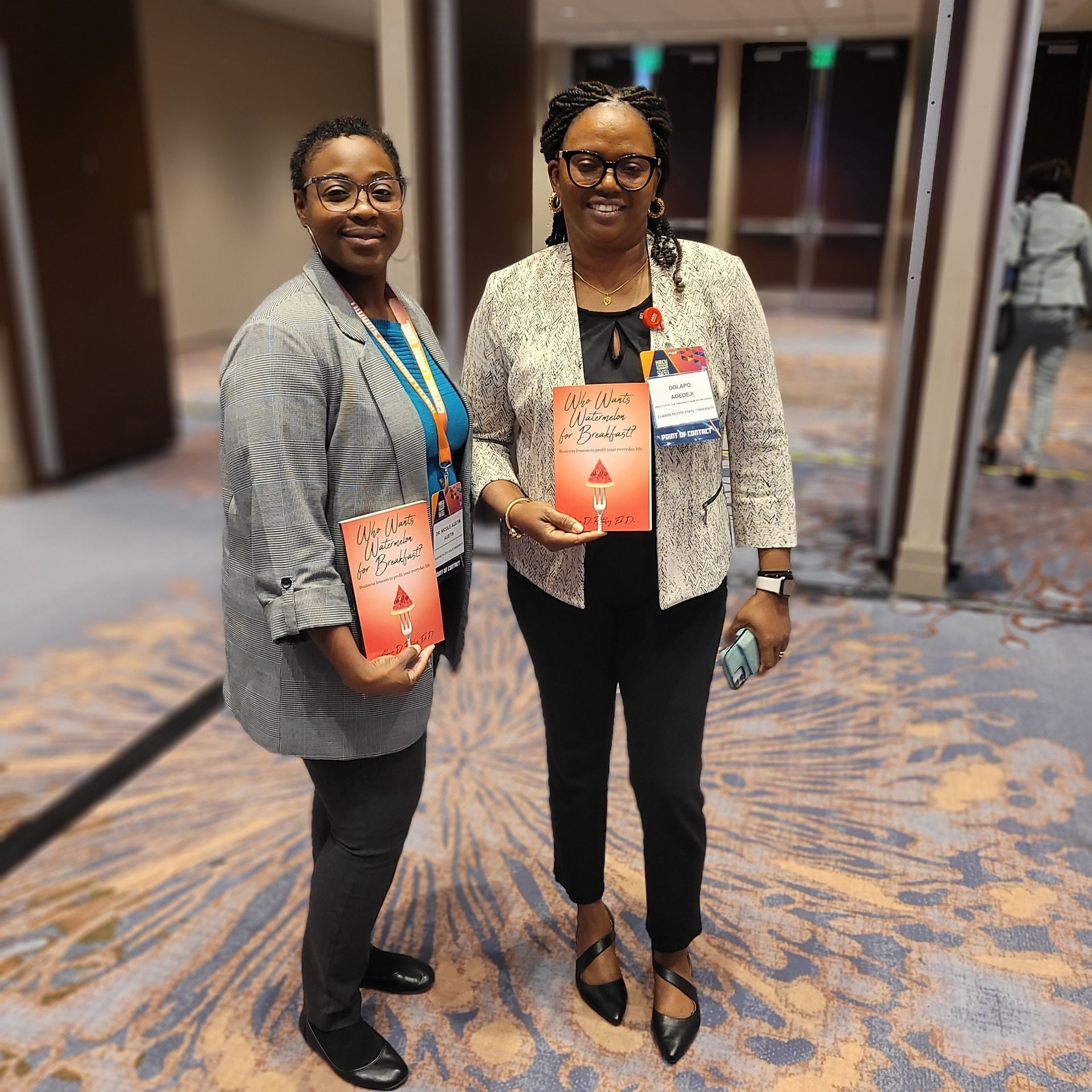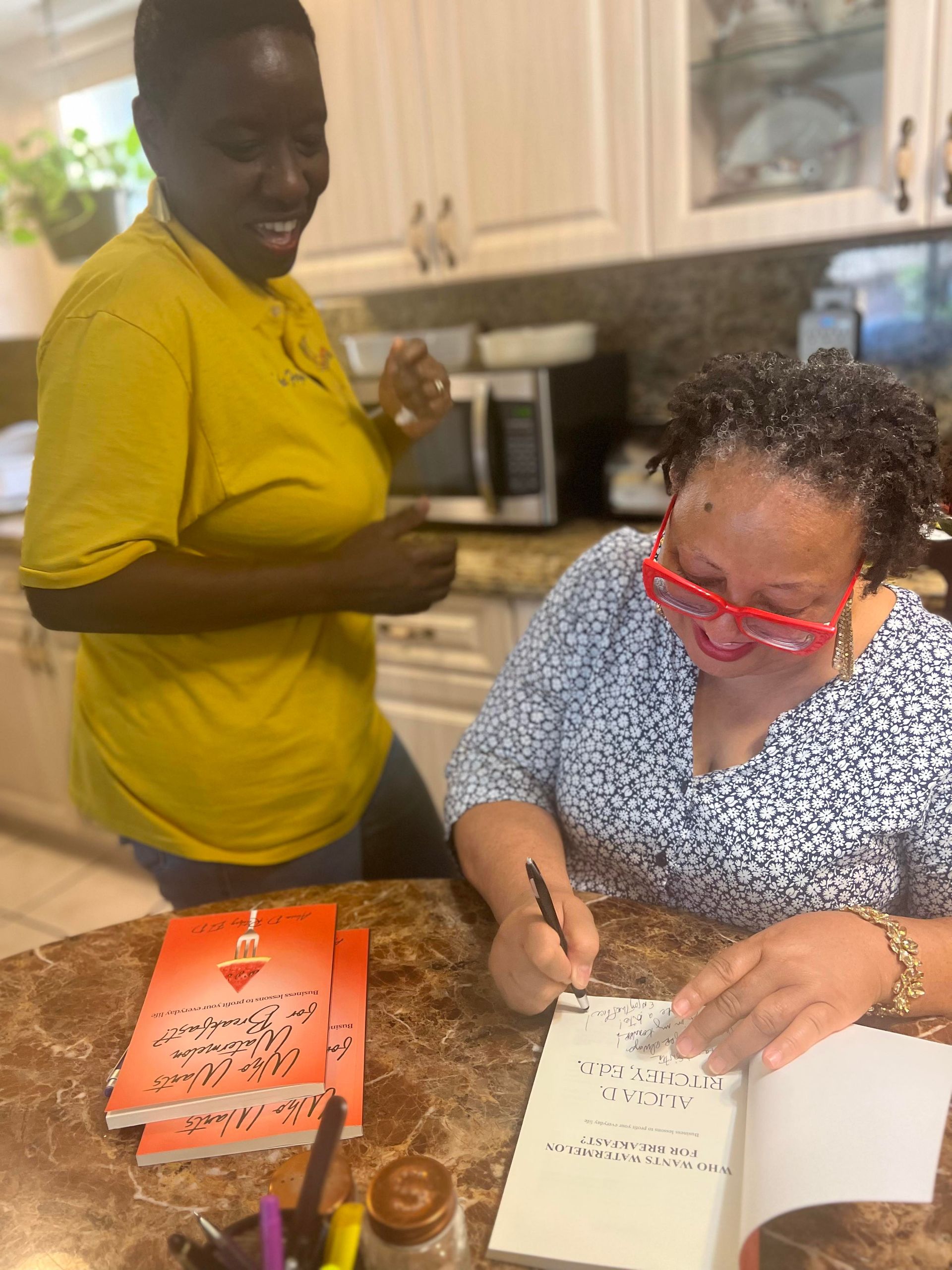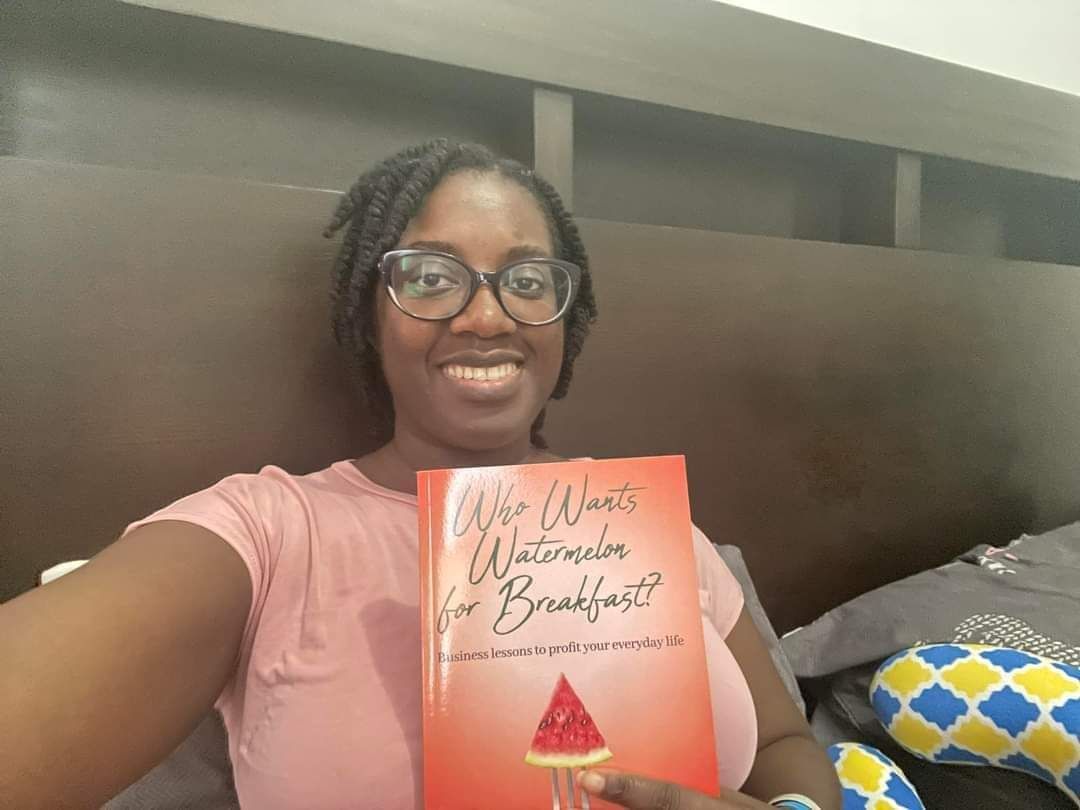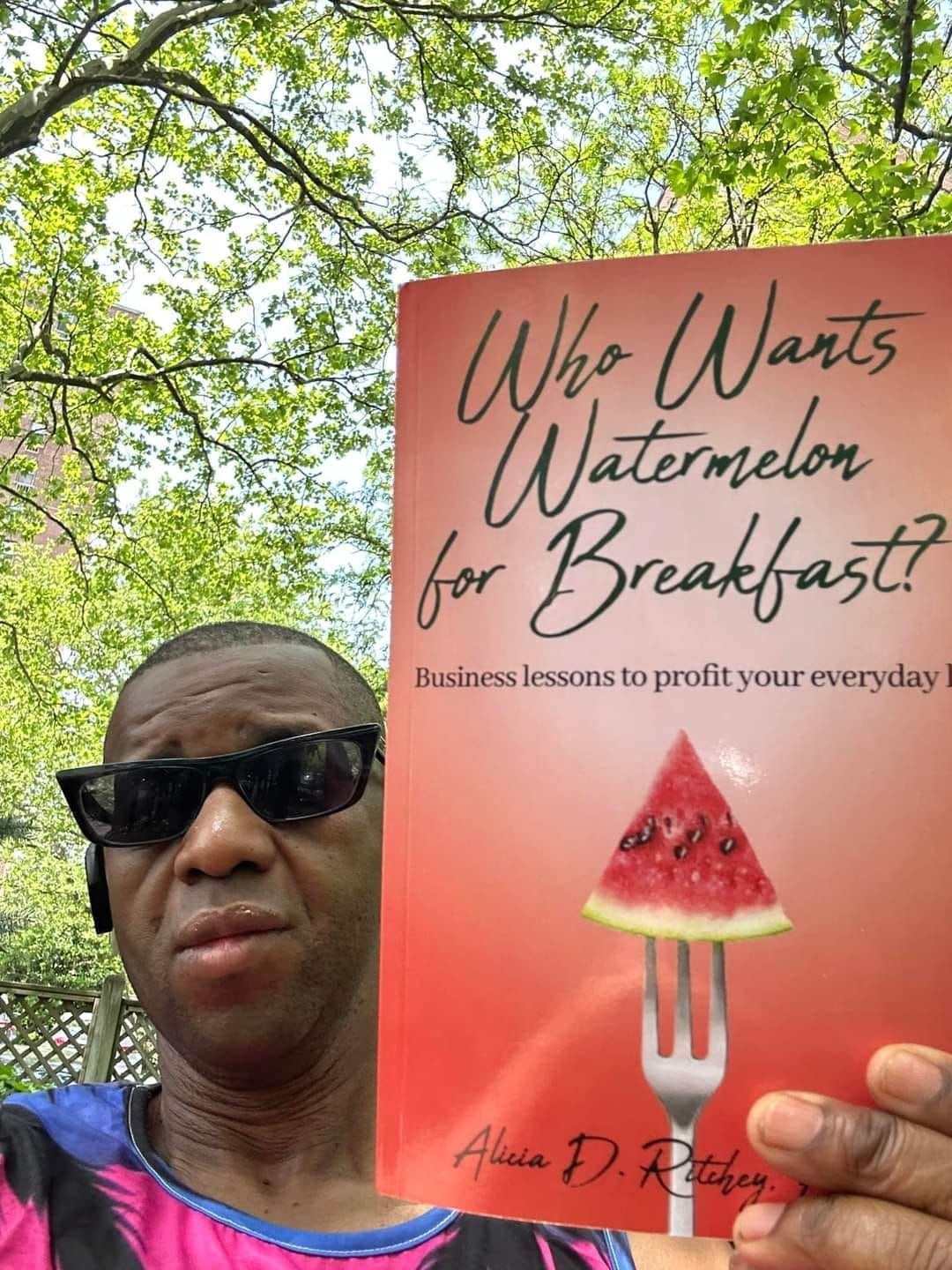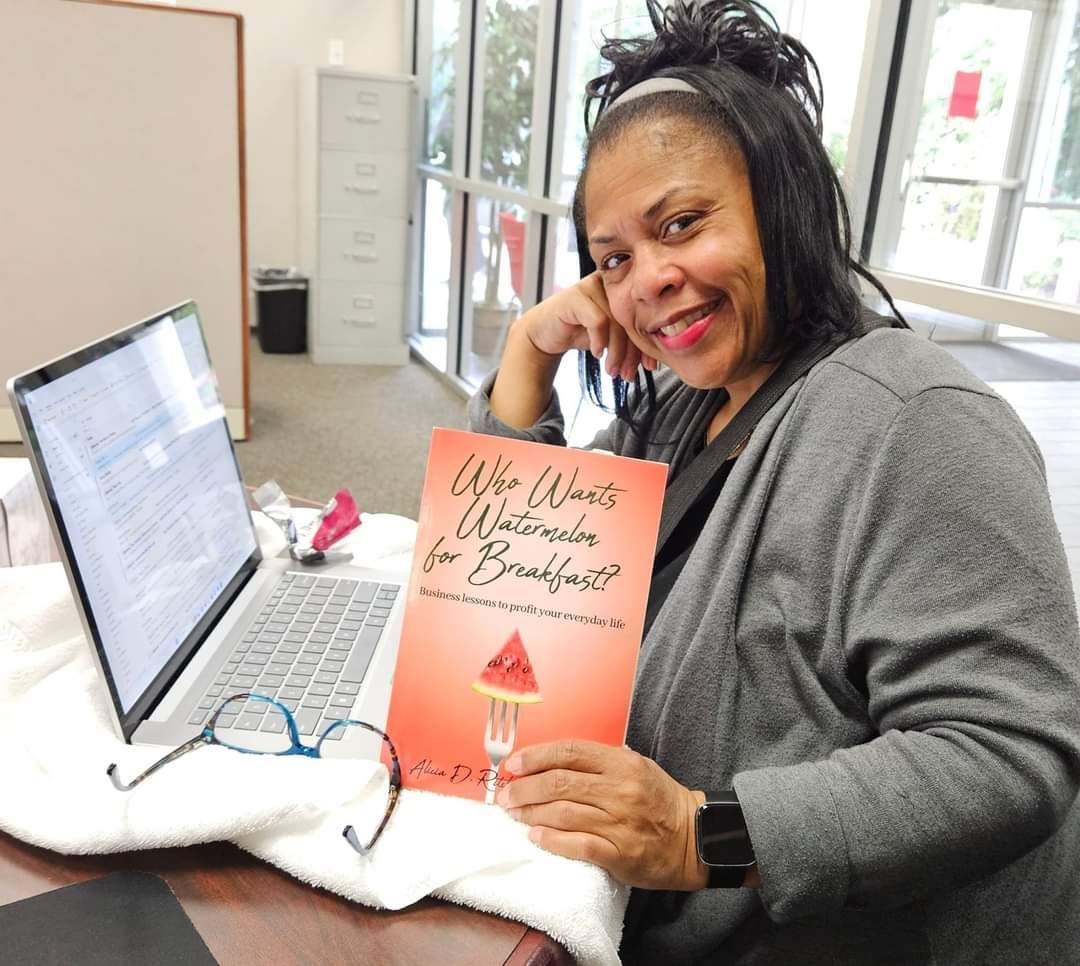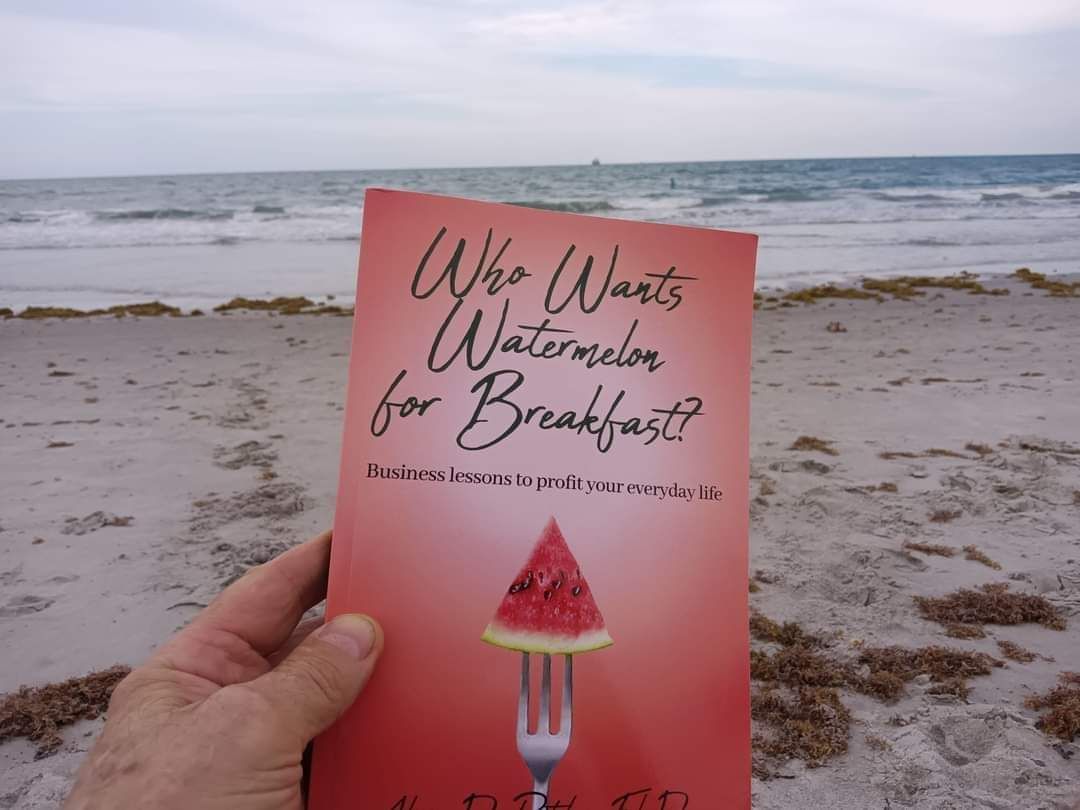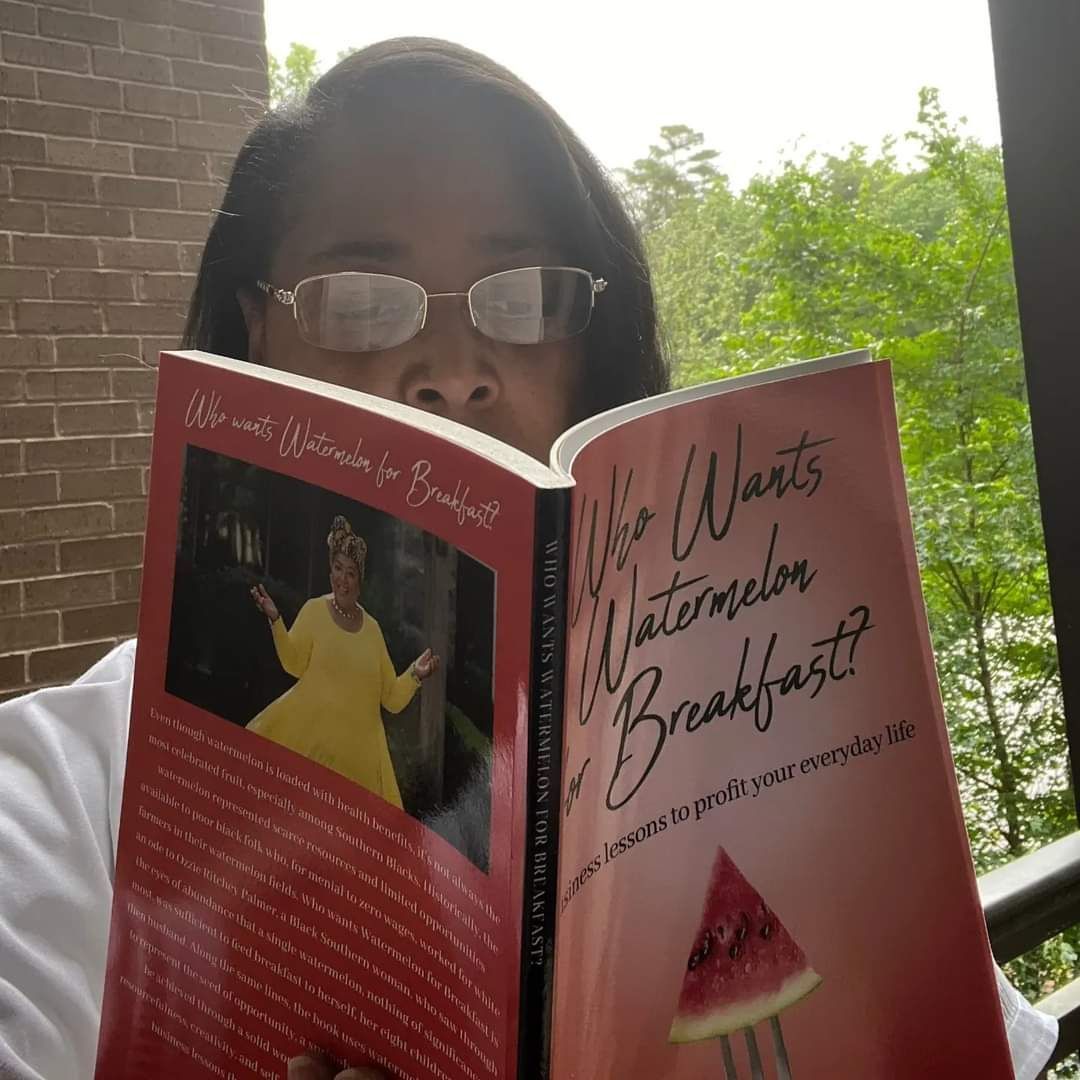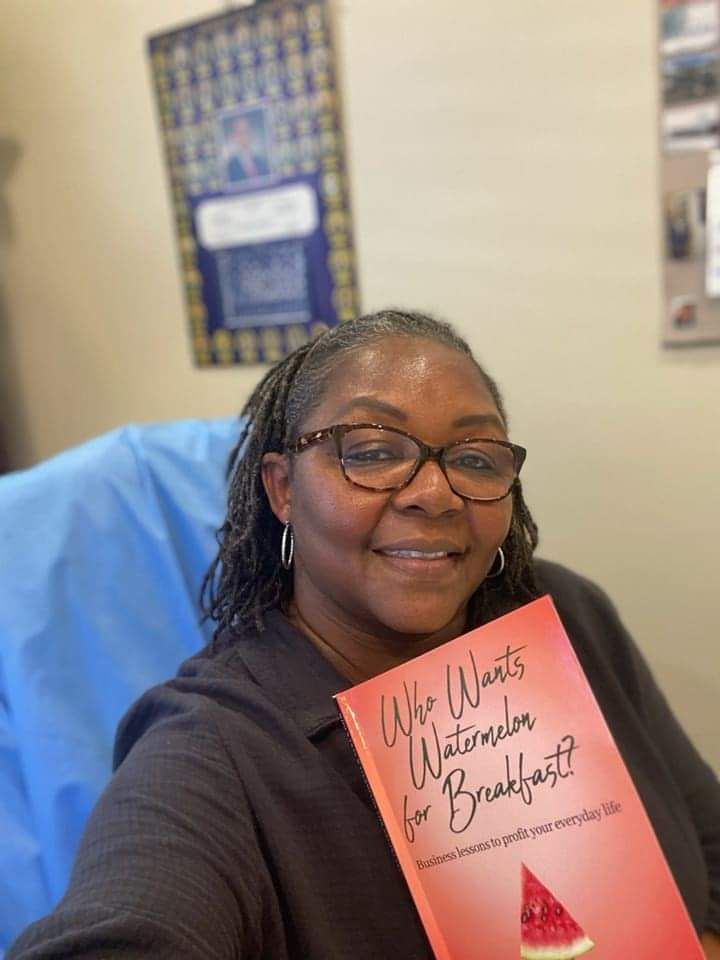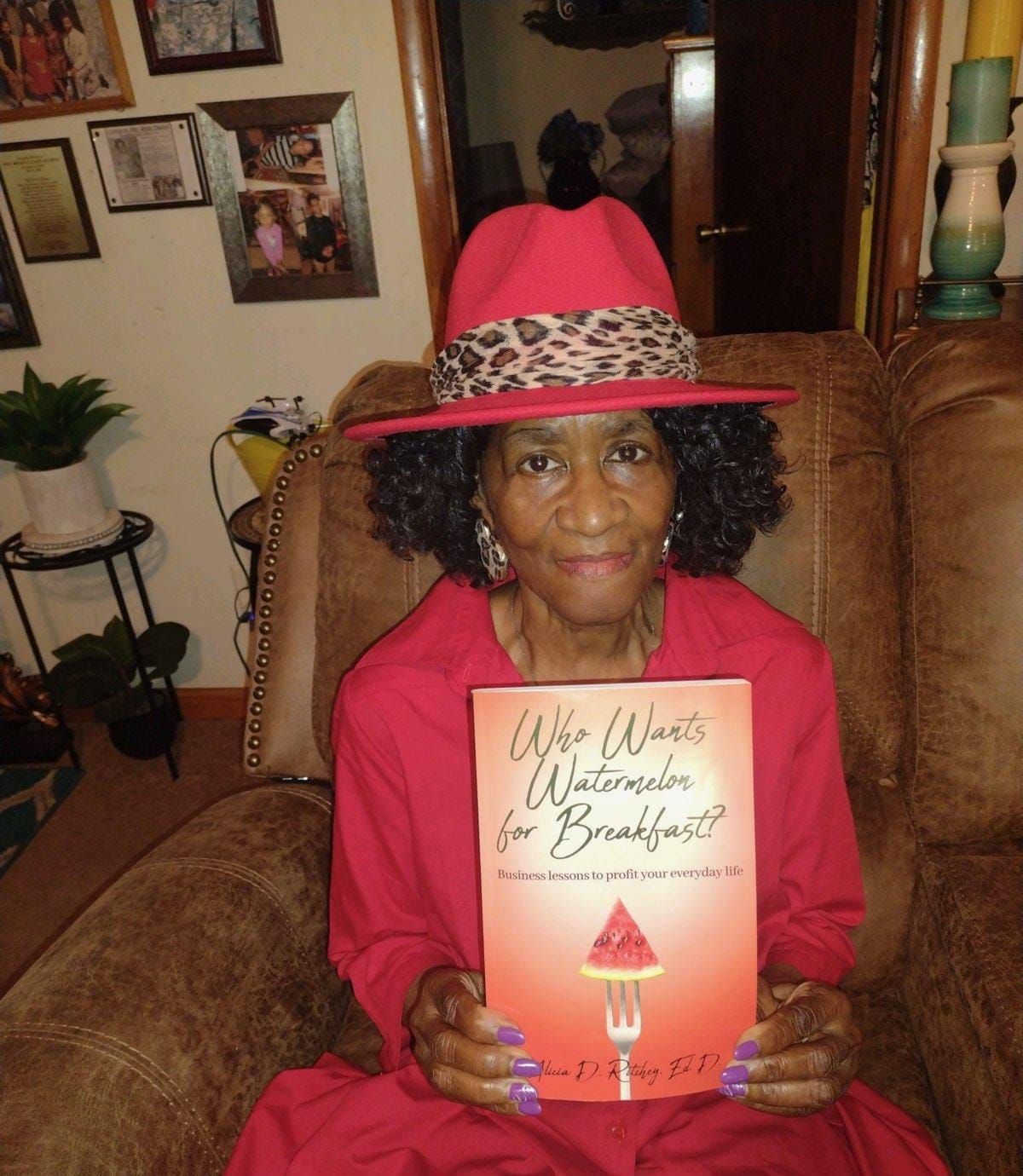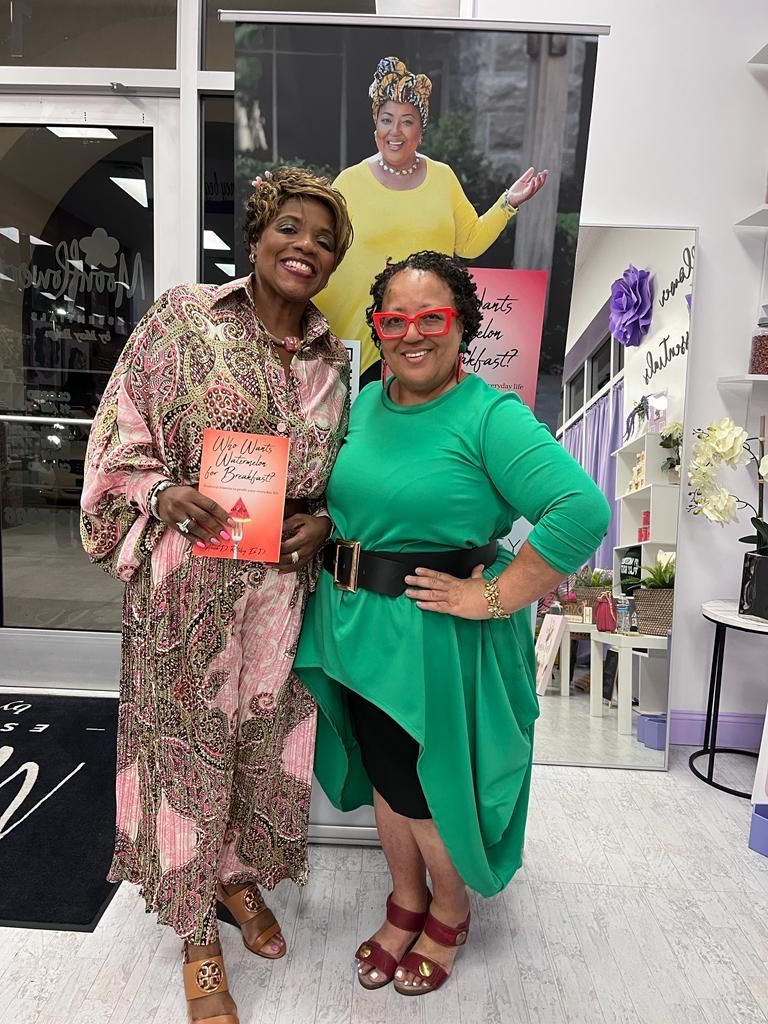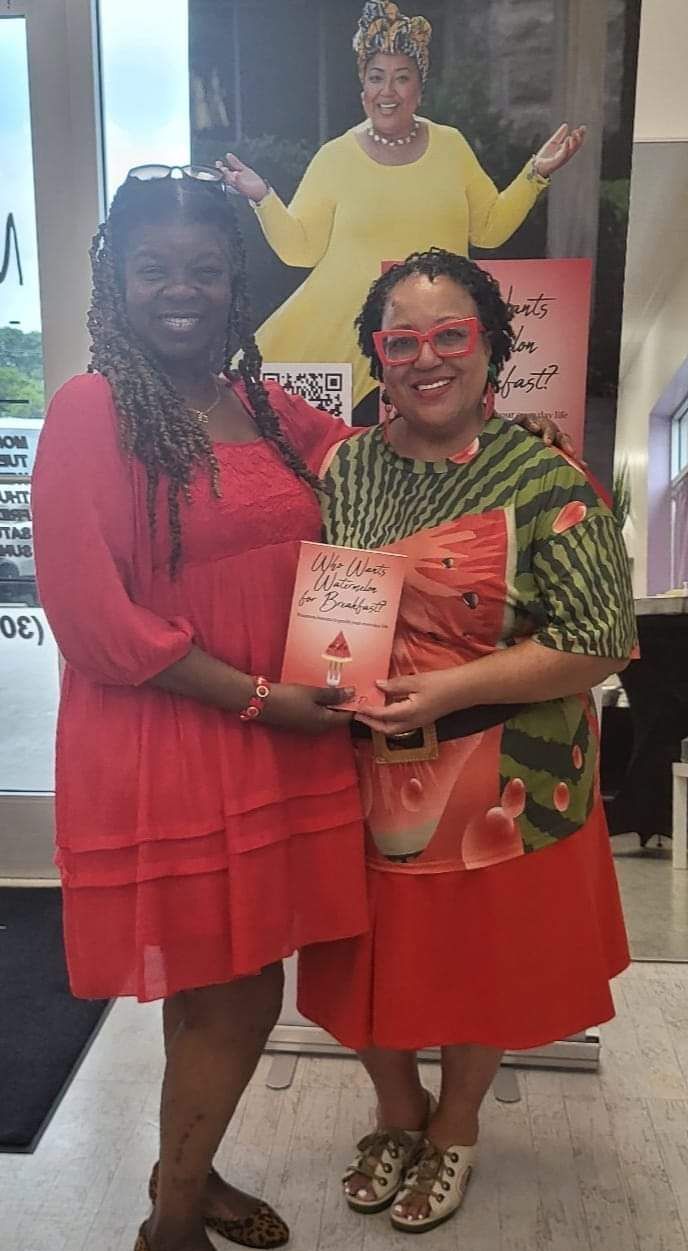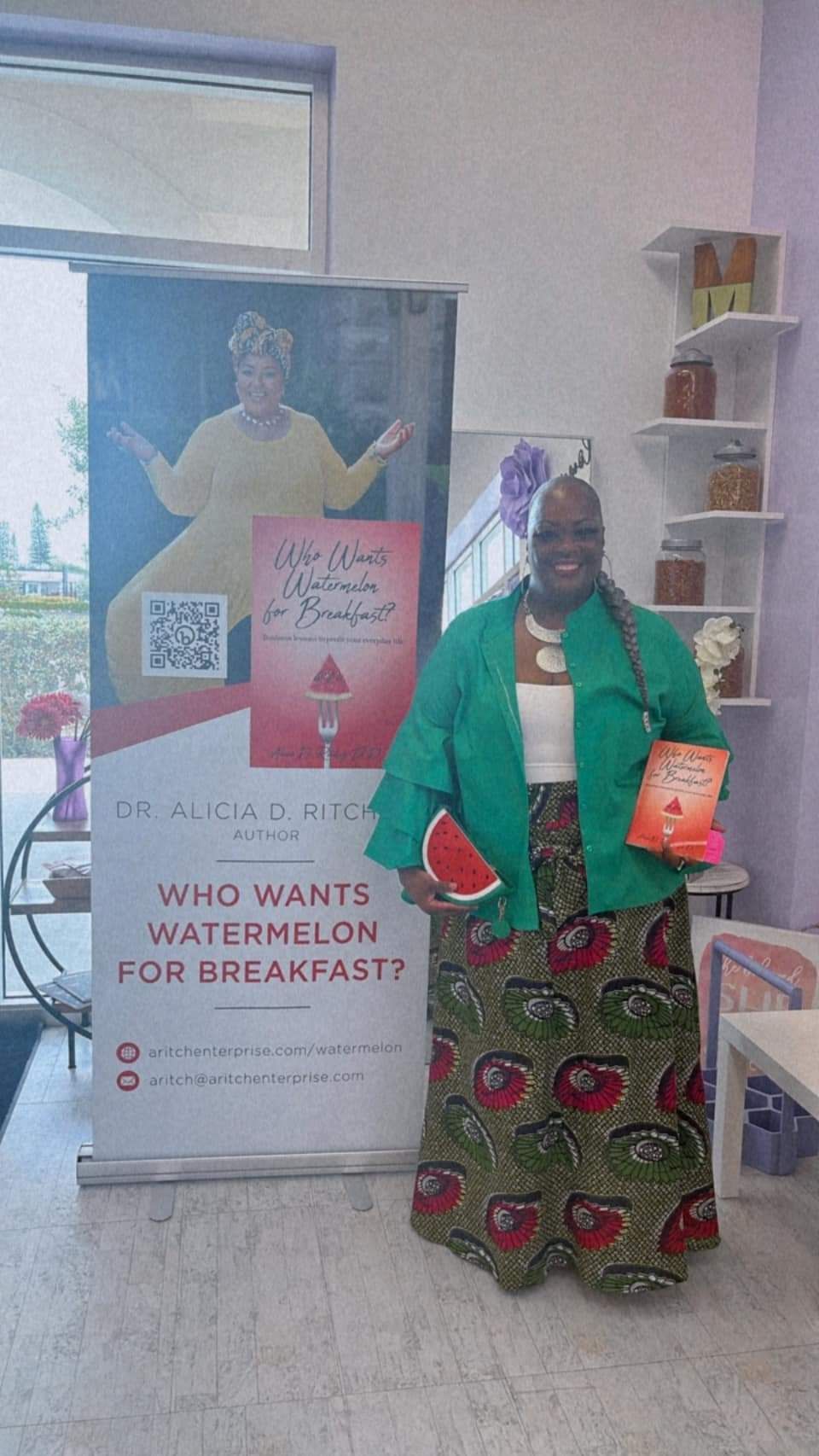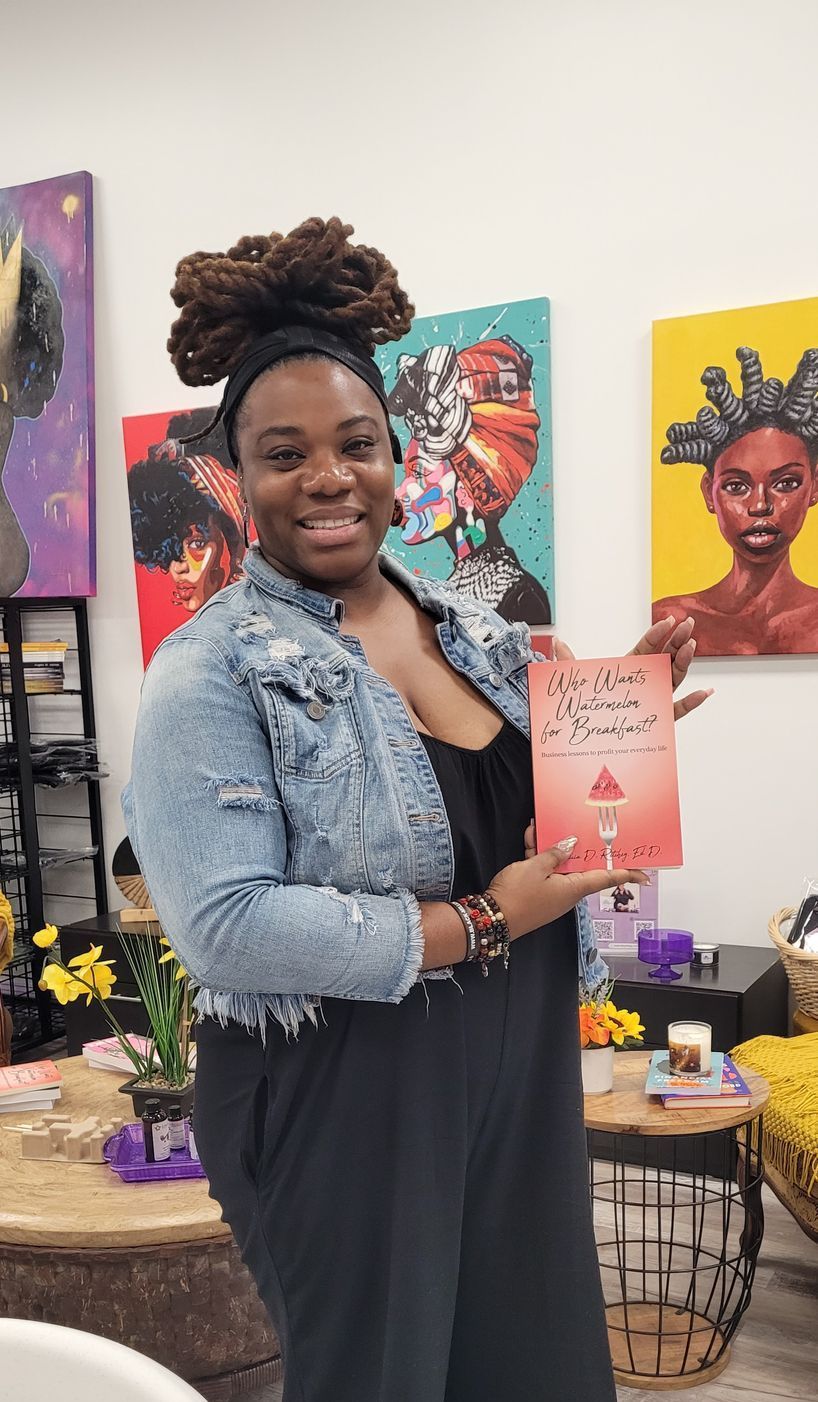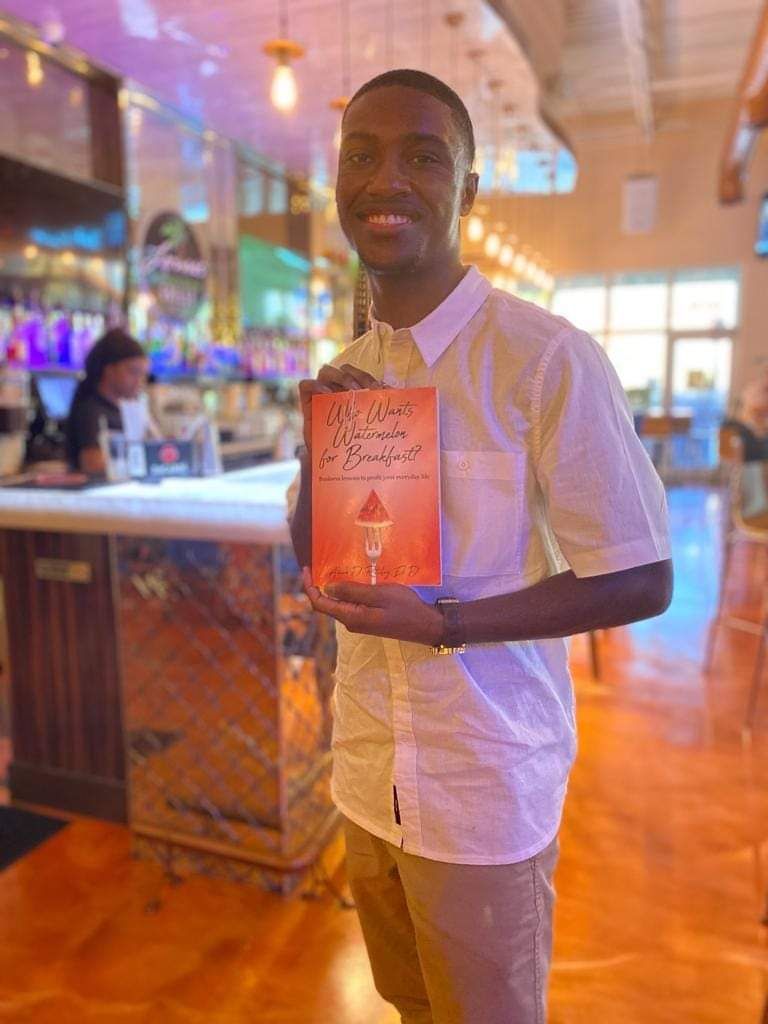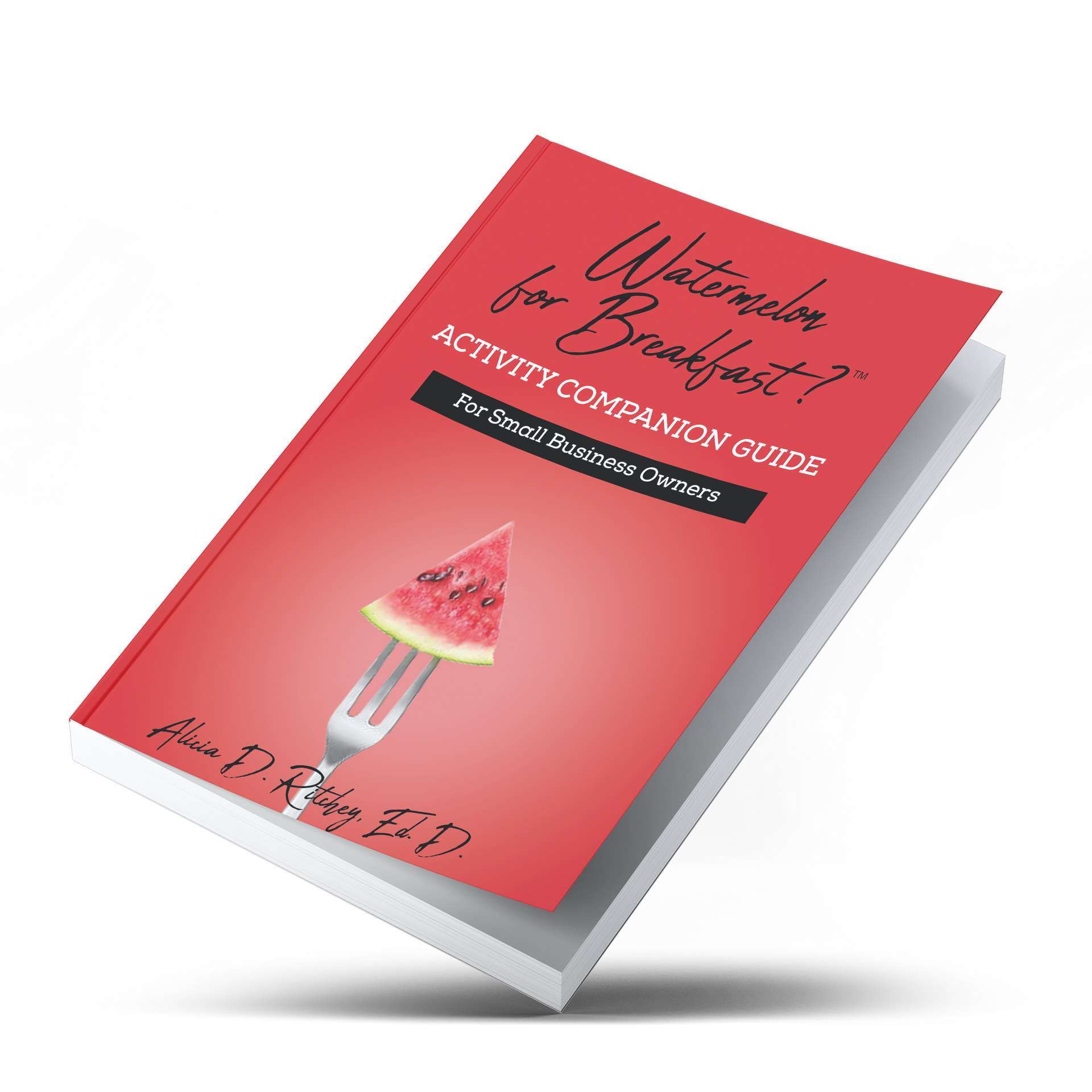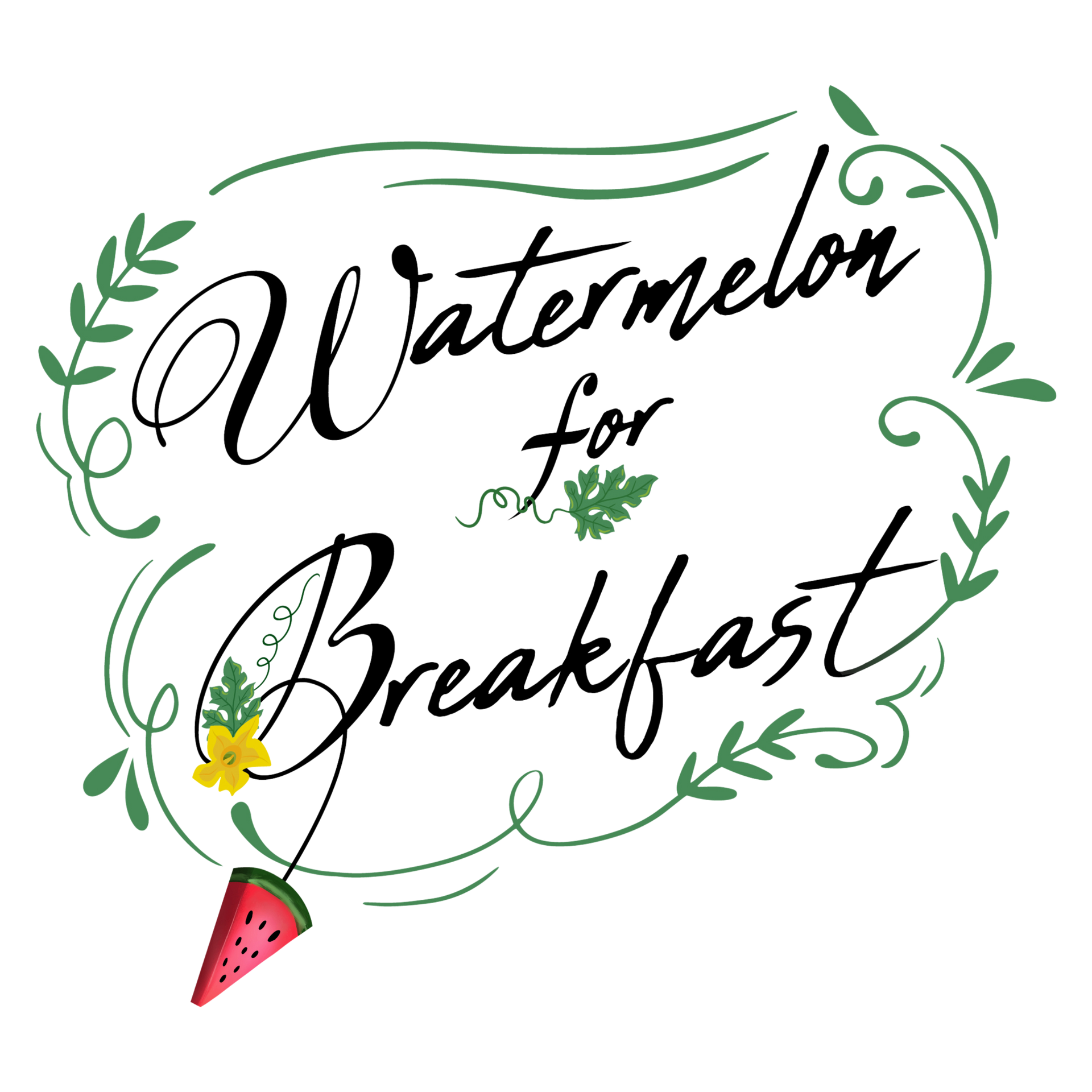Book
Who Wants Watermelon for Breakfast?
Business Lessons to Profit Everyday Life
Even though watermelon is loaded with health benefits, it’s not always the most celebrated fruit, especially among Southern Blacks. Historically, the watermelon represented scarce resources and limited opportunities available to poor black folk who, for menial to zero wages, worked for white farmers in their watermelon fields. Who wants Watermelon for Breakfast is an ode to Ozzie Ritchey Palmer, a Black Southern woman, who saw through the eyes of abundance that a single watermelon, nothing of significance to most, was sufficient to feed breakfast to herself, her eight children, and her then husband. Along the same lines, the book uses watermelon as a metaphor to represent the seed of opportunity, a springboard for greatness that can be achieved through a solid work ethic coupled with a mindset of resourcefulness, creativity, and self-reliance. Inside the book are stories and business lessons that promise to transform your entire life.
Listen To Slice 1
Foreword
Who remembers the watermelon truck?
If you are from the South, then you should know all about the watermelon business.
Hailed from Africa, and seeds. transported through the transatlantic slave trade, the watermelon was known as the profit fruit to Black farmers. Before it was devalued and used to dehumanize Black people, watermelon was, in fact, the most sought-after fruit in America. After slavery ended, 1865-1867, Black farmers used watermelon farming to sustain their families and to generate wealth.
What happened, you may ask?
As a result of the societal climate, specifically in the South, the economic progress among Black people was stymied due to a shift from the watermelon being a commodity to later becoming a symbol of shame and disdain. The watermelon started to be used in black-face cartoons to employ racial mockery and to create a dislike for the fruit, resulting in plummeting sales for Black farmers.
Black farmers yet found a way to continue to grow profits while keeping their heritage and culture alive. As seen today, many Black growers are still thriving off watermelon seeds that were planted in their families. In addition to generating wealth in the Black community, the watermelon enabled Black relatives to connect with distant family members and their ancestors. For Black people, the harvesting of watermelons symbolized the beginning of summer and family reunions! And no family reunion was ever complete without fresh cut slices of watermelon.
Like a good watermelon, this book is ripe with many business principles and strategies that can help transform and sweeten your personal and professional life.
Each Slice is a delicious and fulfilling experience of wisdom, insight, and thoughtful perspective. Be sure to sow the seeds as you prepare to harvest a wealth of fruit for you and your legacy. Now on to Watermelon PROFITS!
Sheva Quinn, Ed.D, Black History Professor
Black Classical University
Look Who's at the Breakfast Table!
Companion Guides Coming Soon!
Discover the transformative power of "Who Wants Watermelon for Breakfast?" with our comprehensive Activity Companion Guides tailored to diverse needs. Whether you're a small business owner, a leader in higher education, a manager or supervisor, or an individual on a personal development journey, we have a guide crafted just for you. Dive deeper into the book's principles, unlock insights, and apply key concepts in your unique context. Elevate your understanding and maximize the impact of your reading experience with these specialized guides designed to enrich your journey toward success. Choose the guide that aligns with your goals and embark on a path of personal, professional, and/or business growth and self-discovery.


